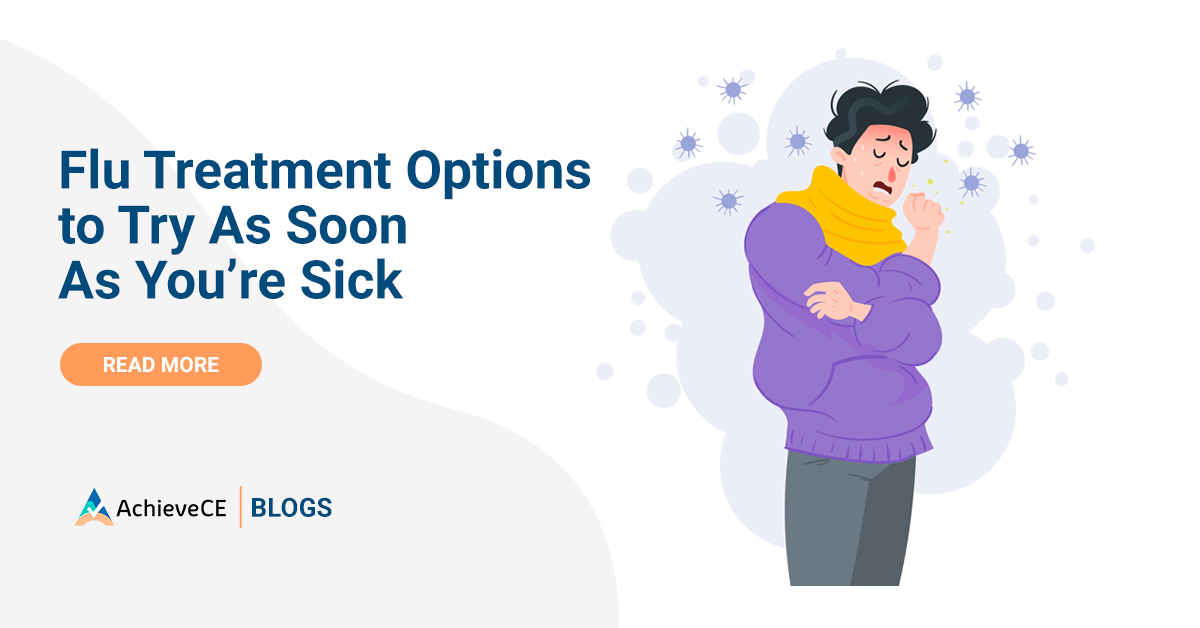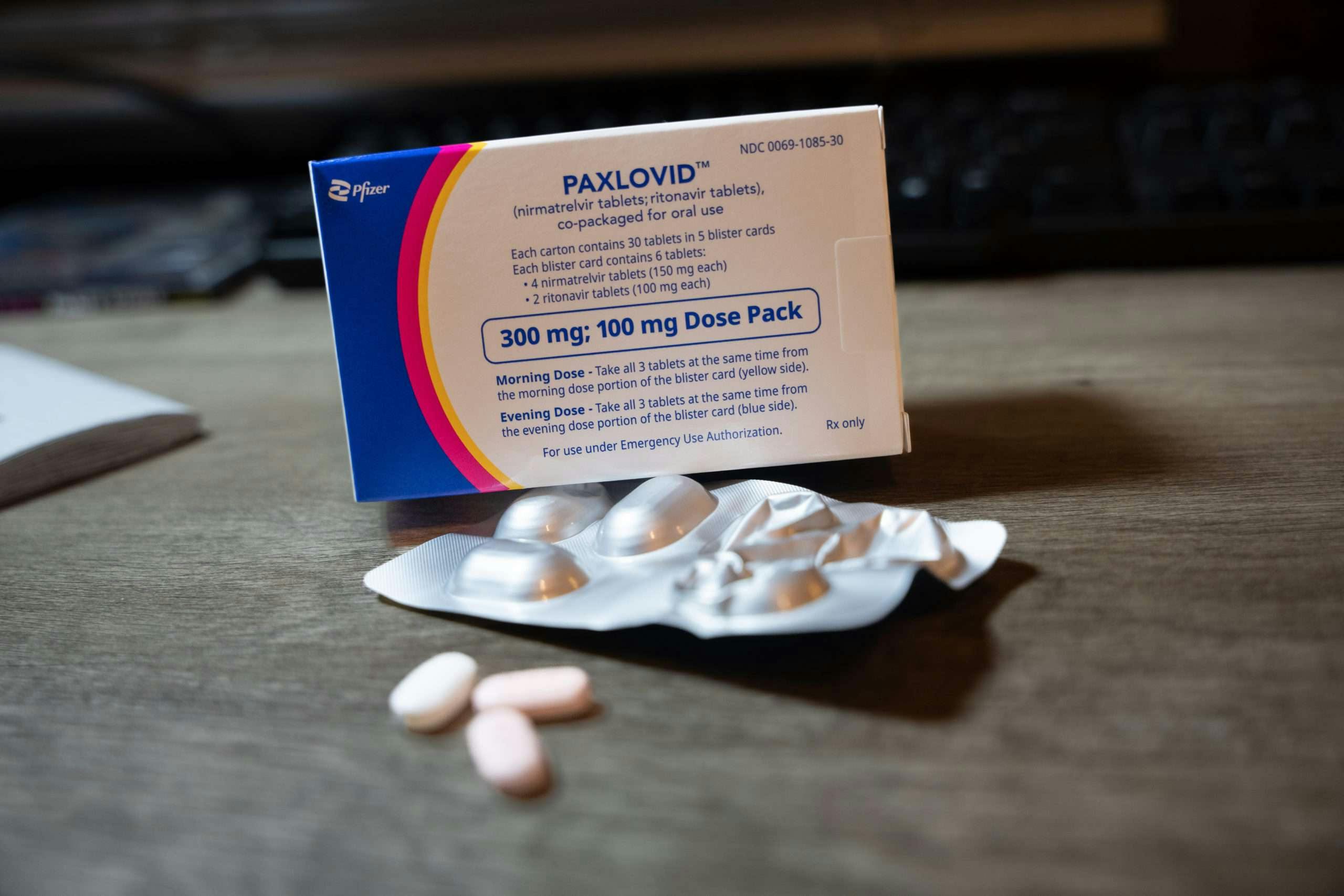Addressing the effects of human trafficking is a challenging task for healthcare providers. Human trafficking is a modern-day form of slavery that affects millions of people worldwide, including in the United States.
While this crime affects people of all genders, ages, races, and ethnicities, certain populations are especially vulnerable to human trafficking, such as children and young adults who flee their homes or become homeless due to poverty and discrimination.
Human trafficking's physical and mental consequences threaten society as a whole. Healthcare workers can help prevent human trafficking by providing adequate medical care to victims. This article discusses the importance of addressing the effects of human trafficking and how healthcare workers can help victims.
What’s In The Article?
Human Trafficking And Healthcare
Impacts Of Human Trafficking
Addressing The Effects Of Human Trafficking On Healthcare
Trauma-Informed Care For Human Trafficking Victims
Challenges For Survivors When Seeking Healthcare
The Importance Of Good Medical Care For Victims
Final Thoughts
Human Trafficking And Healthcare
Human trafficking is a widespread problem frequently overlooked in the medical field. Healthcare providers often encounter victims, but their needs are not always adequately met.
Here are some reasons why it happens:
The healthcare system is not designed to address these issues; it lacks the tools required to provide adequate care for the emotional and physical health needs of human trafficking victims.
Because they do not know what to look for, healthcare providers may miss signs of sex or labor exploitation.
Language barriers may occur between providers and patients/families who do not speak English as their first language.
Healthcare providers must do more to address health issues caused by human trafficking. Doctors, nurses, and other healthcare professionals must create strategies to improve outreach and services for these patients. It may involve collaborating with local shelters and legal organizations that help victims of human trafficking, as well as training staff to identify potential victims.
Impacts Of Human Trafficking
Healthcare providers should understand the relationship between trauma and health. Trauma can cause various physical and mental health issues, such as chronic pain, depression and anxiety disorders, substance use disorders, posttraumatic stress disorder (PTSD), and suicidal ideation.
Victims of physical abuse may show signs of bruising or scarring. In addition to these visible injuries, there are often psychological ones, such as low self-esteem or poor body image, that are difficult to detect without asking specific questions about them.
Healthcare should understand how addressing the effects of human trafficking can help improve patient outcomes for survivors by reducing symptoms like anxiety or depression.
Healthcare professionals should be trained in trauma-informed care If they want to provide high-quality services to people who have been victims of human trafficking or other forms of violence or exploitation.
The Physical Impacts Of Human Trafficking
Intentional physical injuries are common among victims of human trafficking, who may be beaten or tortured in order to force them into sex work. They may also be forced to work or be subjected to other forms of exploitation, such as domestic servitude and child soldiering. Victims may suffer from physical illnesses such as:
HIV/AIDS and other sexually transmitted diseases
poor nutrition as a result of a lack of food access
dehydration as a result of not drinking enough water
Trauma can significantly impact your body's ability to function normally by disrupting hormonal balance and causing inflammation in the brain or throughout the body.
Victims may also experience nausea, headaches, chest pains, heart palpitations, insomnia, and nightmares about traumatic events.
The Mental And Emotional Impacts Of Human Trafficking
The mental and emotional impacts of human trafficking are often overlooked. The psychological effects can be just as debilitating as the physical ones, though they may take longer to appear and cause additional damage.
Among the emotional effects of human trafficking are the following:
Both anxiety and depression
Suicidal tendencies or self-harm
Dissociation
These symptoms can result from various traumatic events, including abuse at home or school, community violence, and other traumatic events, in addition to being a victim of human trafficking.
Addressing The Effects Of Human Trafficking On Healthcare
Human trafficking victims' physical and mental health is a growing concern. Trauma can be excruciating, and it frequently leads to poor health outcomes.
Trauma is not just a one-time occurrence. It is frequently a series of events that have long-term consequences for the body, mind, and spirit. Chronic pain conditions such as fibromyalgia and irritable bowel syndrome (IBS) have been linked to trauma. It also interferes with sleep patterns, resulting in insomnia or other sleep disorders like restless leg syndrome (RLS).
Addressing the effects of human trafficking in healthcare requires trauma-informed care: treating patients with respect while providing appropriate medical care that addresses both their physical and emotional needs. Healthcare organizations should also ensure patient information confidentiality, avoid re-traumatization through culturally competent practice, and allow patients to choose how they want to be treated.
Addressing the effects of human trafficking in healthcare also includes Recognizing that many victims will be unable to access traditional healthcare services, providing outreach services as needed, and providing follow-up care over time.
Trauma-Informed Care For Human Trafficking Victims
Trauma-informed care for human trafficking acknowledges the impact of trauma on the lives of survivors. It keeps survivors safe and healthy during their recovery process.
Trauma-informed care is essential for determining how trauma affects an individual's ability to function on a daily basis, including thoughts, feelings, and behaviors. Understanding how trauma affects each person differently allows you to tailor your approach based on their needs at the time.
This method is frequently used in the context of mental health or substance use disorders, but it can also be used in other areas of healthcare, such as emergency medical care or palliative care.
Trauma-informed care has become an important part of addressing the effects of human trafficking because victims frequently have multiple chronic illnesses. These health problems can include pain management issues from physical injuries sustained during their trafficking experience, mental health issues, STIs, and other chronic conditions. These are caused by poor nutrition and a lack of resources.
Challenges For Survivors When Seeking Healthcare
Human trafficking can have devastating physical and mental consequences for survivors. The following are some of the possible reasons why victims may be afraid to seek medical attention:
Fear of retaliation from captors who may threaten them or their loved ones if they ask for help.
Fear of being arrested by law enforcement officials who may not know how to help victims and may mistreat them.
Fear government aid deportation or having one's status revoked because many victims are undocumented immigrants and thus ineligible for any government assistance programs
Fear that they will be identified as victims of human trafficking and arrested or reported. It can occur when there is no obvious physical evidence of abuse on the body.
Survivors face additional challenges when seeking healthcare because many doctors and nurses lack proper training to serve these patients best. Furthermore, many have difficulty accessing care due to a lack of insurance coverage or transportation problems. Others may not even know where local clinics are because they have been imprisoned for so long and have had no access to information about their surroundings.
The Importance Of Good Medical Care For Victims
We can help prevent human trafficking by providing adequate medical care to its victims. Healthcare workers should fully understand the health issues caused by human trafficking.
Since survivors have experienced severe trauma while being trafficked or attempting to flee their captors, providing trauma-informed care is critical in addressing the effects of human trafficking. It includes treating STIs and, if applicable, unintended pregnancy. These issues are frequently overlooked but essential components of treating survivors because they can lead to long-term health complications if left untreated.
Final Thoughts
Human trafficking is a major public health problem affecting millions worldwide, including hundreds of thousands in the United States. Human trafficking is linked to various health issues, including anxiety, stress, depression, PTSD, dissociative disorders, and suicide attempts. Victims are frequently afraid to seek medical care or treatment for fear of retaliation from their captors.
Quality medical care is the most effective way how healthcare organizations can help human trafficking victims. Human trafficking results in serious health issues, but they can be treated if patients have access to good medical care that addresses both their physical and emotional needs.
Find the right CE/CME for you
Fast , Accredited, Affordable, and On-Demand



